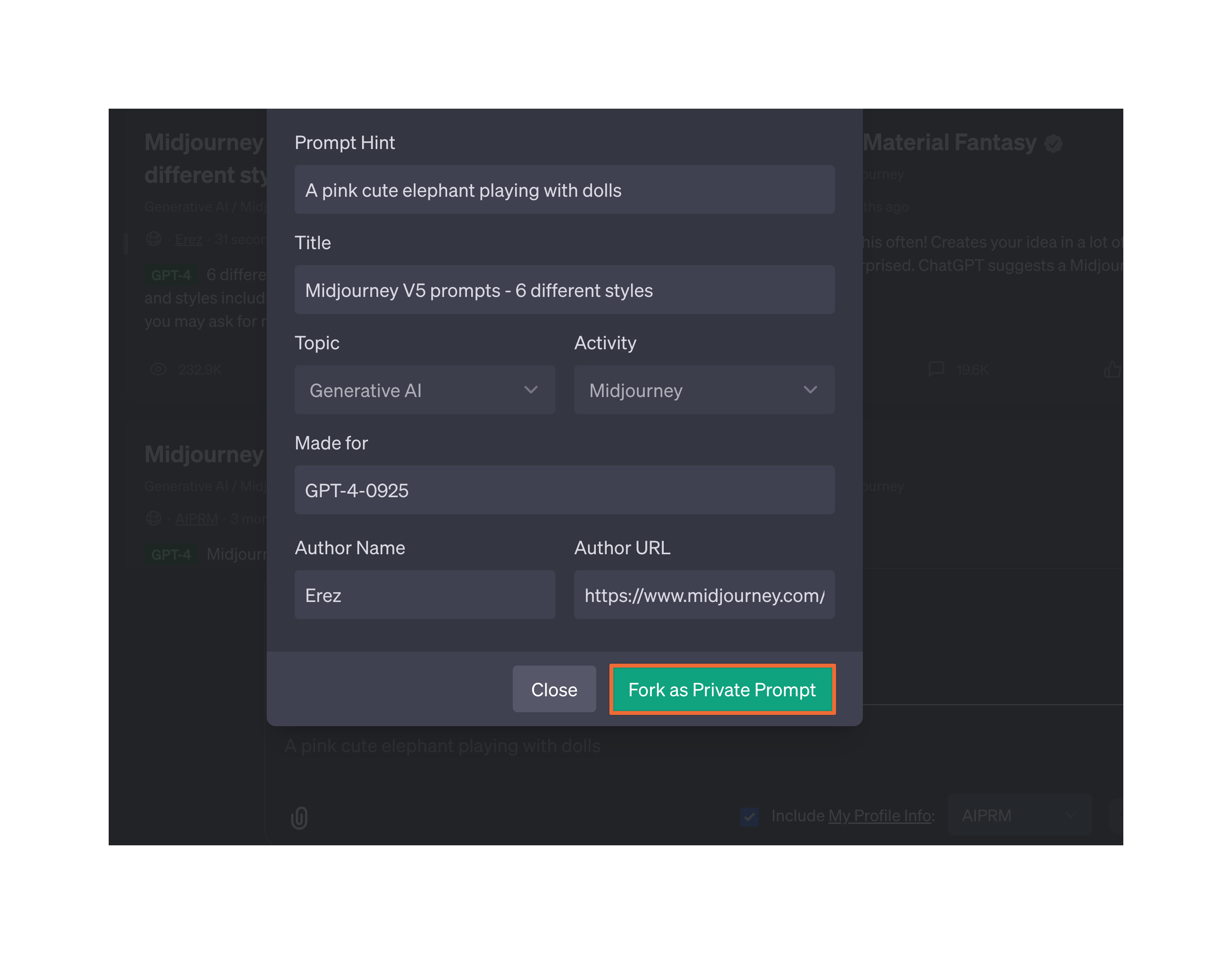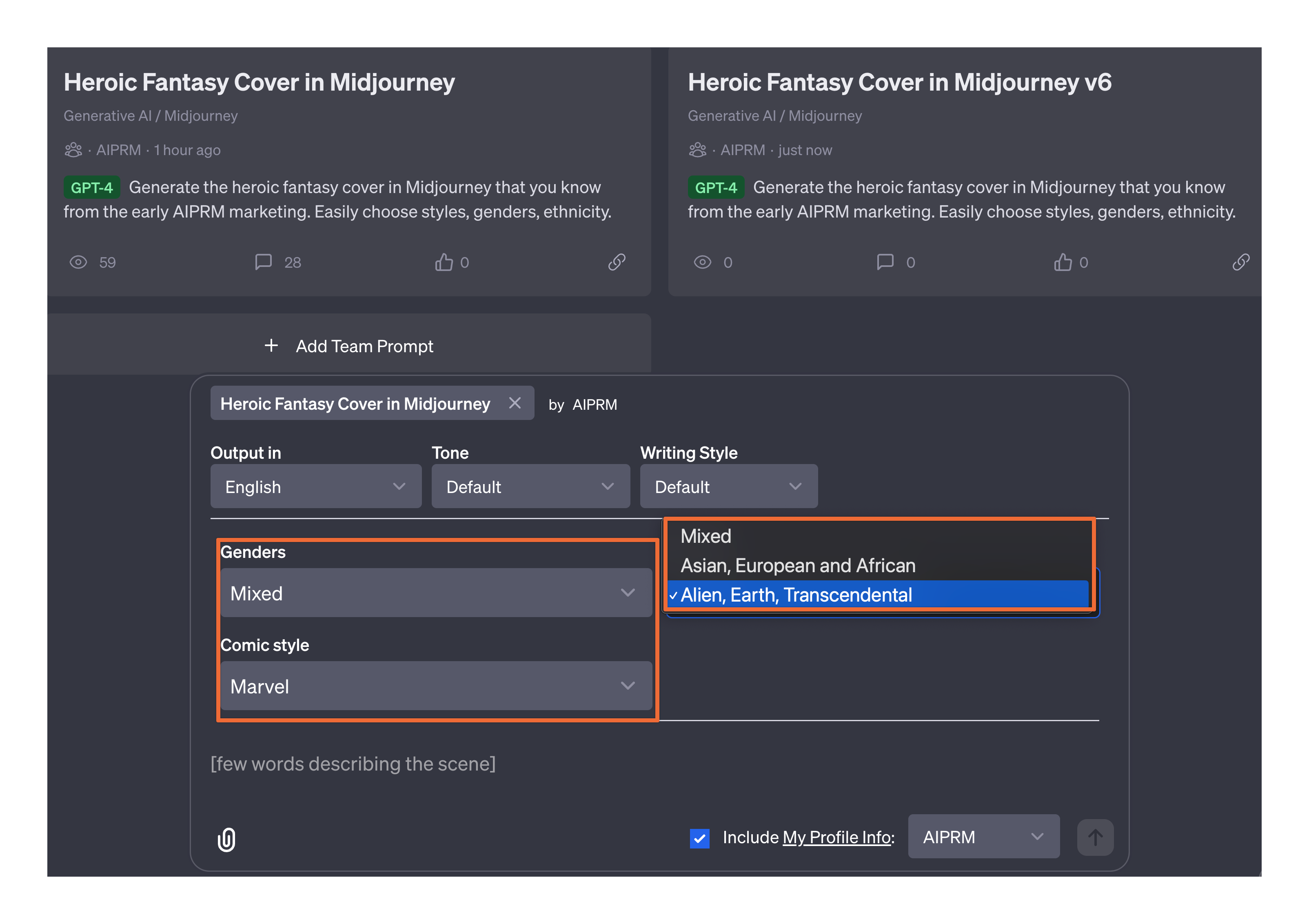Whether you're interacting with a colleague, a customer service representative, or a friend, expressing appreciation for their timely responses can go a long way. Saying "thanks for the prompt answer" not only acknowledges their effort but also strengthens trust and rapport. This simple phrase can be a game-changer in both personal and professional relationships, setting the tone for future interactions. In this article, we’ll explore why this expression is so impactful, how to use it effectively, and how it can enhance your communication skills.
When someone takes the time to address your queries or concerns quickly, it’s essential to show your appreciation. A simple "thanks for the prompt answer" conveys respect for their time and effort. It also reflects positively on you, showcasing your politeness and professionalism. People are more likely to respond positively to individuals who express gratitude, making it a valuable tool in any conversation. This small gesture can lead to better outcomes, whether you're negotiating a deal, resolving an issue, or simply maintaining a friendly rapport.
Moreover, gratitude has been proven to have psychological benefits. Studies show that expressing thanks can improve your mood, reduce stress, and even enhance your relationships. By incorporating phrases like "thanks for the prompt answer" into your daily communication, you're not just being polite—you're actively contributing to a more positive and productive environment. Let’s dive deeper into the significance of this phrase and how you can make the most of it in various contexts.
Read also:Who Is Apolo Ohnos Wife A Complete Guide To The Olympic Champions Life And Love
Table of Contents
- Why Is Gratitude Important in Communication?
- How to Use "Thanks for the Prompt Answer" Effectively?
- What Are the Benefits of Expressing Gratitude?
- Can "Thanks for the Prompt Answer" Improve Customer Service?
- How to Respond When Someone Says "Thanks for the Prompt Answer"?
- Why Should You Incorporate "Thanks for the Prompt Answer" in Emails?
- What Are Some Alternatives to "Thanks for the Prompt Answer"?
- How Can Gratitude Enhance Teamwork?
- Is "Thanks for the Prompt Answer" Suitable for Formal Settings?
- Frequently Asked Questions About "Thanks for the Prompt Answer"
Why Is Gratitude Important in Communication?
Gratitude is more than just a polite gesture; it’s a powerful tool for building and maintaining relationships. When you express gratitude, you acknowledge the value of the other person’s contribution, which fosters mutual respect. In professional settings, this can lead to better collaboration, improved morale, and increased productivity. In personal relationships, gratitude helps create a positive atmosphere, making interactions more enjoyable and meaningful.
One of the reasons "thanks for the prompt answer" is so effective is that it’s specific. Rather than a generic "thank you," this phrase highlights the exact behavior you’re appreciating—their quick response. This specificity makes your gratitude feel genuine and thoughtful, which can leave a lasting impression on the recipient.
How to Use "Thanks for the Prompt Answer" Effectively?
Using "thanks for the prompt answer" effectively requires a bit of finesse. First, timing is crucial. Express your gratitude as soon as possible after receiving the response. This ensures that your appreciation feels immediate and sincere. Second, be specific about what you’re thanking them for. For example, you could say, "Thanks for the prompt answer to my question about the project deadline."
Another tip is to tailor your tone to the context. In formal settings, such as business emails, you might say, "Thank you for your prompt response." In casual conversations, you can keep it simple and friendly: "Thanks for the prompt answer—it really helped!"
What Are the Benefits of Expressing Gratitude?
Expressing gratitude has numerous benefits, both for the giver and the recipient. For the giver, it can boost self-esteem, reduce stress, and improve overall well-being. For the recipient, it creates a sense of validation and appreciation, which can motivate them to continue their positive behavior. When you say "thanks for the prompt answer," you’re not just thanking someone—you’re encouraging them to keep up the good work.
Additionally, gratitude fosters a culture of positivity. In workplaces, teams that regularly express gratitude tend to be more cohesive and productive. In personal relationships, gratitude can strengthen bonds and create a sense of mutual respect.
Read also:Danny Bonaduce The Untold Story Of A Child Stars Journey
Can "Thanks for the Prompt Answer" Improve Customer Service?
Absolutely! In customer service, responsiveness is key. When a customer reaches out with a question or concern, a quick response can make all the difference. Saying "thanks for the prompt answer" not only acknowledges the representative’s effort but also sets a positive tone for the rest of the interaction.
For businesses, encouraging customers to express gratitude can lead to higher satisfaction rates. When customers feel heard and valued, they’re more likely to remain loyal to the brand. Similarly, customer service representatives who receive appreciation are more motivated to provide excellent service.
How to Respond When Someone Says "Thanks for the Prompt Answer"?
When someone thanks you for your prompt response, it’s important to acknowledge their gratitude. A simple "You’re welcome!" or "Glad I could help!" can go a long way. If the situation allows, you can also take the opportunity to build rapport by adding a personal touch, such as, "I’m always happy to assist—feel free to reach out anytime!"
Responding positively to gratitude reinforces the behavior. It shows that you value the other person’s appreciation and are committed to maintaining a positive relationship.
Why Should You Incorporate "Thanks for the Prompt Answer" in Emails?
Emails are a common mode of communication, especially in professional settings. Incorporating "thanks for the prompt answer" in your emails can make your messages stand out. It shows that you’re attentive, respectful, and appreciative of the recipient’s time and effort.
For example, after receiving a quick reply to your email, you could write: "Thanks for the prompt answer—it’s greatly appreciated. I’ll review the details and get back to you soon." This not only expresses gratitude but also keeps the conversation moving forward.
What Are Some Alternatives to "Thanks for the Prompt Answer"?
If you’re looking for other ways to express gratitude for a quick response, here are some alternatives:
- "Thank you for getting back to me so quickly!"
- "I appreciate your timely response!"
- "Thanks for addressing my concern promptly!"
- "Your quick reply is much appreciated!"
These alternatives can be used interchangeably depending on the context and tone of the conversation.
How Can Gratitude Enhance Teamwork?
Gratitude is a powerful tool for enhancing teamwork. When team members express appreciation for each other’s contributions, it creates a positive and supportive environment. Saying "thanks for the prompt answer" during team discussions or meetings can boost morale and encourage collaboration.
For example, if a colleague quickly provides the information you need for a project, acknowledging their effort with a simple "thanks for the prompt answer" can motivate them to continue supporting the team. This culture of gratitude can lead to better communication, increased productivity, and stronger relationships within the team.
Is "Thanks for the Prompt Answer" Suitable for Formal Settings?
Yes, "thanks for the prompt answer" can be used in formal settings, provided it’s phrased appropriately. In professional environments, you might say, "Thank you for your prompt response to my inquiry." This version maintains the essence of gratitude while adhering to formal language conventions.
It’s important to consider the context and audience when using this phrase. In highly formal settings, such as legal or academic communications, you might opt for more polished alternatives like "I appreciate your timely reply."
Frequently Asked Questions About "Thanks for the Prompt Answer"
Is "Thanks for the Prompt Answer" Too Casual for Business?
Not necessarily. While it may seem casual, "thanks for the prompt answer" can be perfectly appropriate in business settings if used with the right tone. It’s all about how you phrase it and the context in which it’s used.
Can Saying "Thanks for the Prompt Answer" Improve Relationships?
Yes, it can. Expressing gratitude for someone’s quick response shows that you value their time and effort, which can strengthen your relationship with them.
What If I Forget to Say "Thanks for the Prompt Answer"?
If you forget, it’s never too late to express gratitude. You can always follow up with a quick message or email saying, "I wanted to thank you for your prompt answer earlier—it was very helpful."
How Can I Make "Thanks for the Prompt Answer" Sound More Genuine?
To make your gratitude sound more genuine, be specific about what you’re thanking them for and add a personal touch. For example, "Thanks for the prompt answer—it really helped me finalize the report on time."
In conclusion, "thanks for the prompt answer" is more than just a polite phrase—it’s a powerful tool for building relationships, fostering positivity, and enhancing communication. By incorporating this expression into your daily interactions, you can create a more respectful and appreciative environment for everyone involved.

